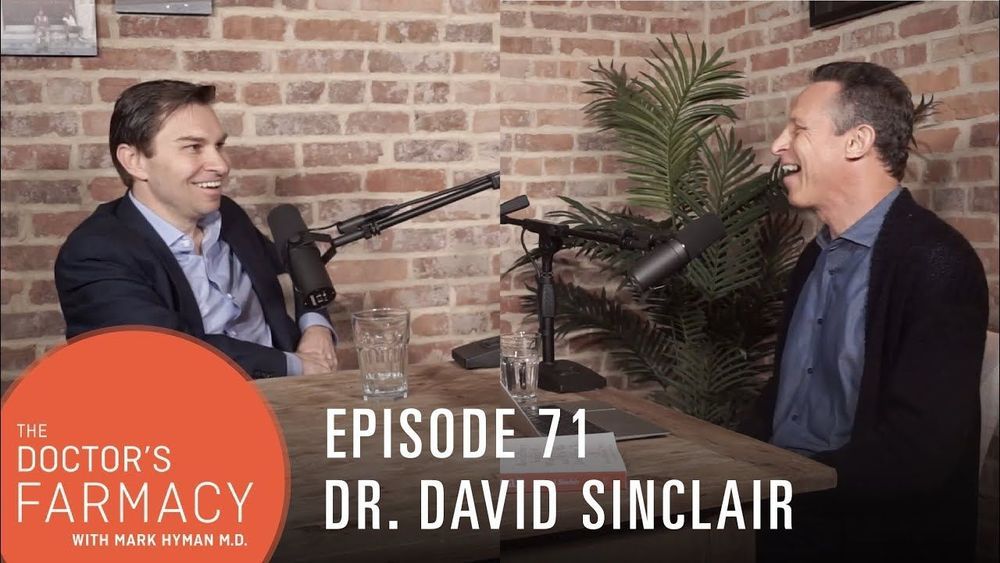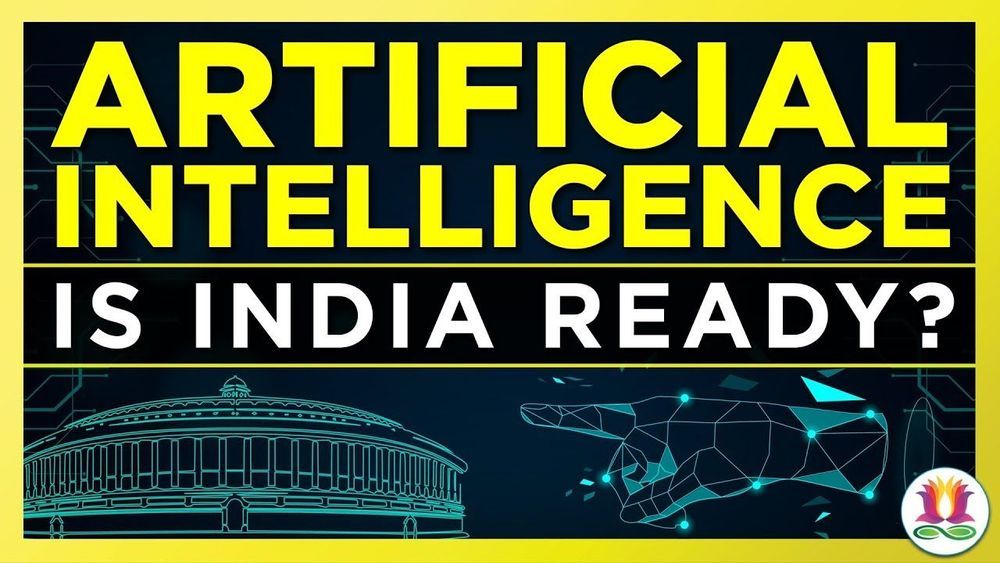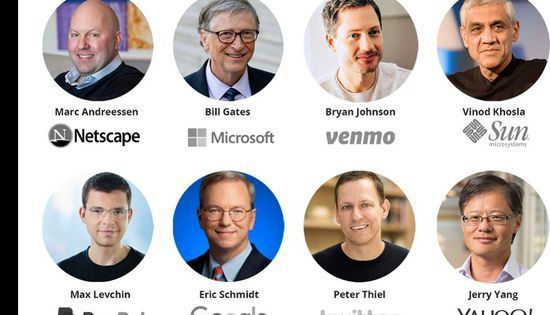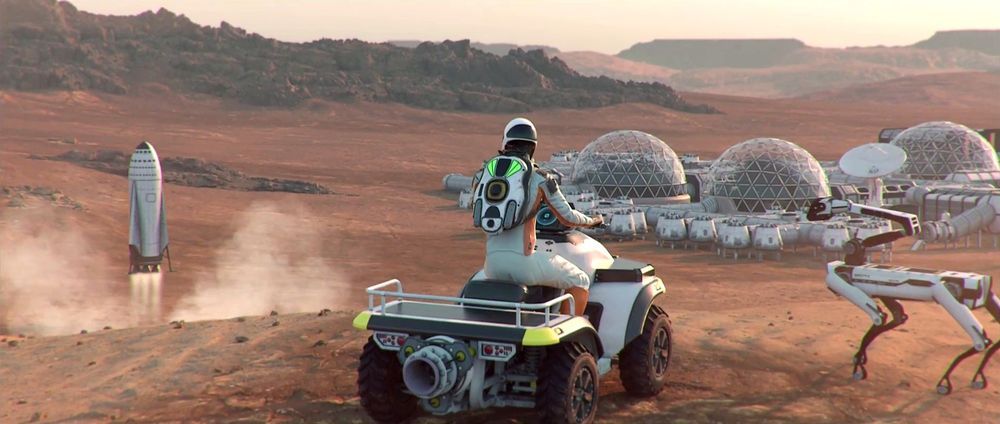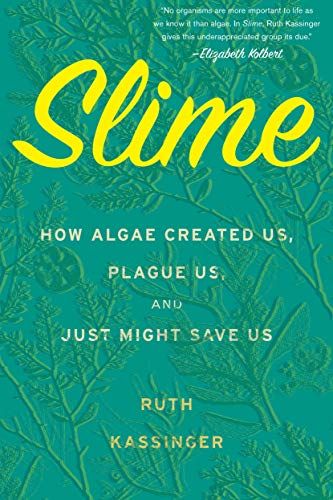Age is not the definitive factor it’s made out to be when it comes to our health. We can use our age as a baseline for tracking our health and longevity, but it isn’t stagnant. For example, certain types of testing can help us compare our biological age to our calendar age in order to tinker with our wellness routine and achieve the milestones we’re after. With the right steps, we can slow down and even sometimes reverse the aging process.
When it comes to our biological age, or the measure of how well our body is actually functioning for whatever life stage we are in, there are many things that impact it. Diet, lifestyle patterns like exercise and sleep, and stress are all involved in forming our biological age, along with many other factors like blood sugar, inflammation, and genetics. This week on The Doctor’s Farmacy, I’m joined by Dr. David Sinclair to explore the topic of longevity and anti-aging and how he reduced his own internal age by more than 20 years. Dr. Sinclair is a professor in the Department of Genetics and co-director of the Paul F. Glenn Center for the Biology of Aging at Harvard Medical School, where he and his colleagues study longevity, aging, and how to slow its effects.
This episode of The Doctor’s Farmacy is brought to you by ButcherBox. Now through September 29, 2019, new subscribers to ButcherBox will receive ground beef for life. When you sign up today, ButcherBox will send you 2lbs of 100% pasture-raised grass-fed, grass finished beef free in every box for the life of your subscription. Plus listeners will get an additional $20 off their first box. All you have to do is head over to ButcherBox.com/farmacy
_____________________________________
Dr. Hyman is an 11-time New York Times bestselling author, family physician and international leader in the field of Functional Medicine. His podcast, The Doctor’s Farmacy, is a place for deep conversations about the critical issues of our time in the space of health, wellness, food and politics. New episodes are released every Wednesday here on YouTube, and wherever you listen to podcasts.
Find him and more of his content all over social media:
Website http://www.drhyman.com/
Facebook https://www.facebook.com/drmarkhyman
Instagram https://www.instagram.com/markhymanmd
Twitter https://twitter.com/markhymanmd
